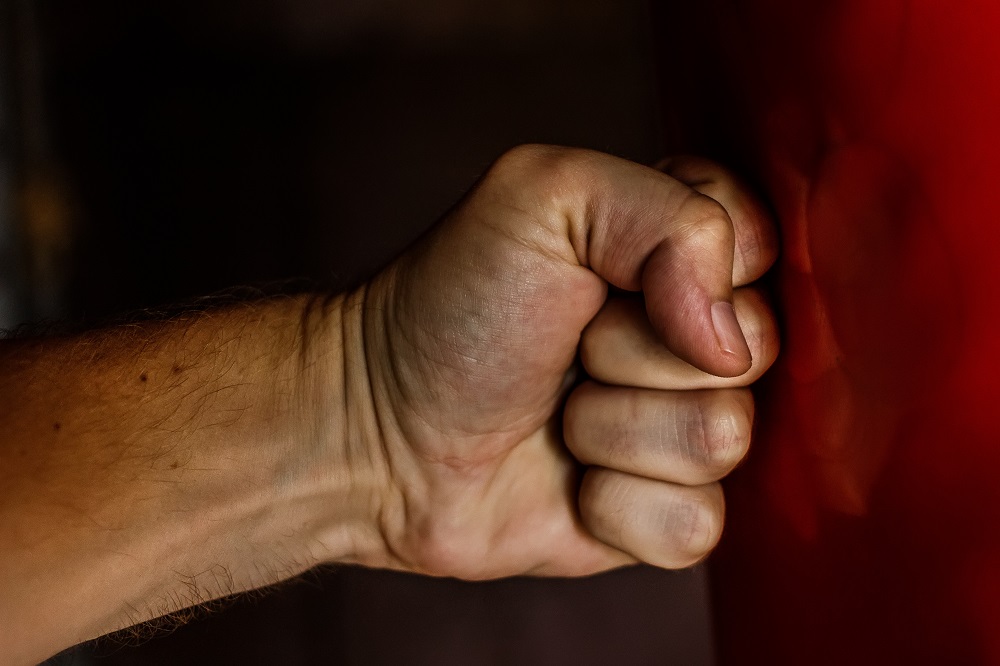Charged With Assault? 4 Steps You Should Take Immediately After Being Arrested

Almost any criminal charge can come with serious penalties if you are eventually convicted. Even if you are acquitted or accept a plea deal, it may be an event that stays with you for the rest of your life. What steps should you take if you are ever charged with assault?

If there is a chance that you could go to jail, you are entitled to legal counsel to help defend your interests in court. In the event that you can’t afford an attorney, one will be provided to you. Your attorney may be able to convince a judge to either allow you to bail out of jail or lower the amount needed to secure your freedom.
Regardless of the outcome of your case, it may be a good idea to seek counseling. Talking to someone about what caused you to cause harm to another person may help avoid similar situations from occurring in the future. If drugs or alcohol played a role in the assault, it may be a good idea to seek help to get sober again. Group meetings in addition to medication may help you get back to being a productive citizen again.
While you can’t take back what you did, an apology shows that you understand that what happened was wrong. It also acknowledges the pain that may have been inflicted on the victim’s family and friends. Only by acknowledging what happened and taking responsibility for it can a person truly learn from a mistake and make better choices in the future.
After a fight happens, it may be best for both you and the victim to maintain distance from each other. If you happen to work or go to school with the victim, aim to stay as far away as possible. Any necessary interactions should be limited to text or social media messages. This may help you to avoid any triggers that could lead to another assault while giving the victim the chance to move on without having to change jobs or schools.
If you have threatened or actually hurt somebody, it could have long-term consequences for yourself and the victim. By seeking help and apologizing to the victim, both parties may be able to learn from the experience and move on. Acknowledging your actions may also lead to a favorable ruling by a judge or jury.
